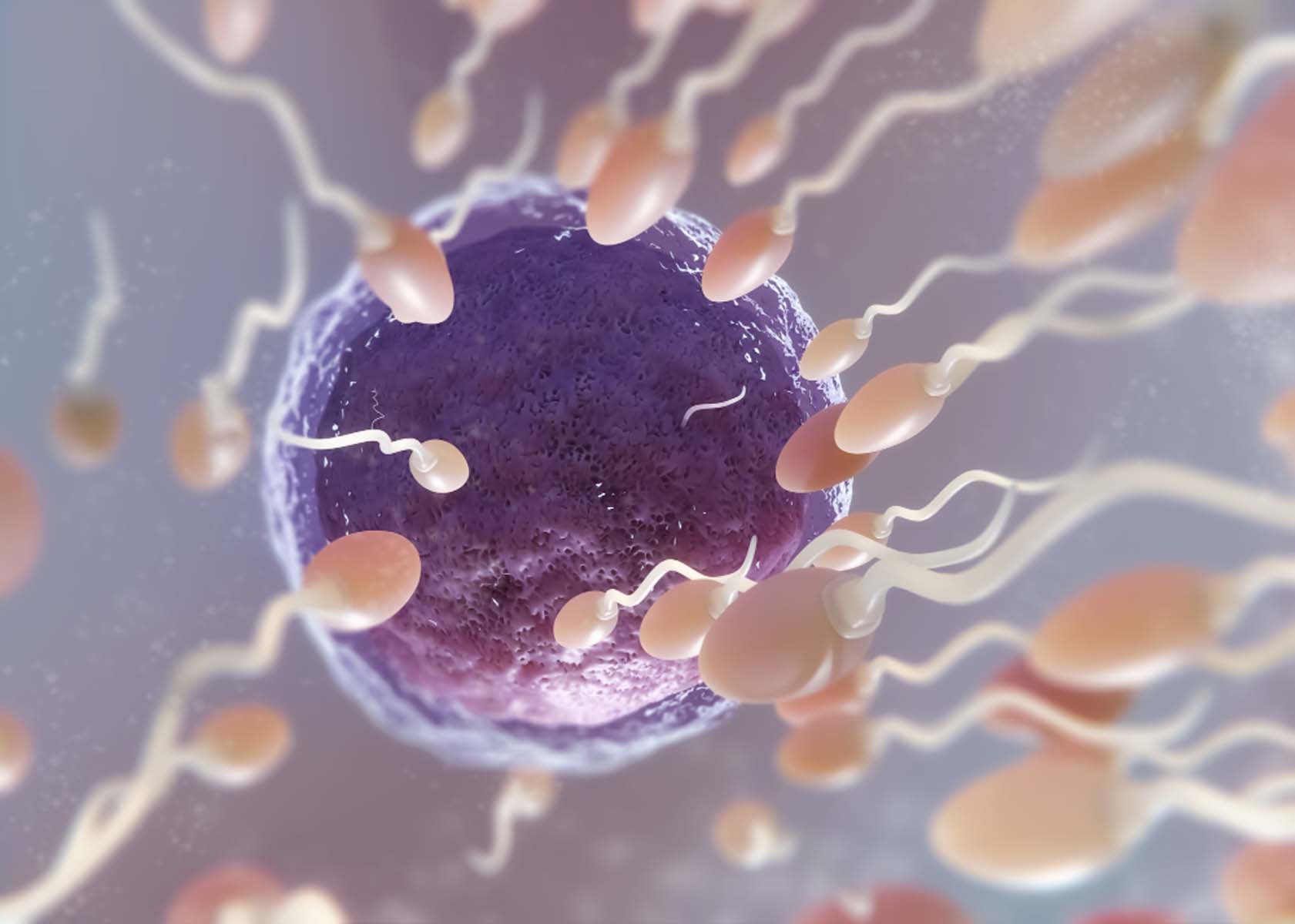Understanding Love Languages: How to Express Affection in Ways Your Partner Understands
In every relationship, love is the cornerstone that binds two individuals together. However, the way we perceive and express love can vary greatly from person to person.
This is where the concept of love languages comes into play, revealing the diverse ways individuals understand and communicate affection.
Understanding your partner’s love language is an essential key to fostering a successful and fulfilling relationship.

I. What Are Love Languages?
Love languages, a concept introduced by Dr. Gary Chapman, are the distinct emotional languages through which people express and perceive love. These languages can be categorized into five main types:
- Words of Affirmation: Words possess immense power to uplift and strengthen our loved ones. Words of affirmation are all about using kind, encouraging, and heartfelt language to express love, appreciation, and admiration for your partner.
- Acts of Service: Actions speak louder than words. Acts of service entail demonstrating your love by going the extra mile to fulfill your partner’s needs and desires, thereby easing their burdens and making life more enjoyable for them.
- Receiving Gifts: Gift-giving is a universal way to demonstrate love and thoughtfulness. Meaningful presents can make your partner feel cherished and valued, as they symbolize the effort and consideration put into choosing them.
- Quality Time: Uninterrupted and meaningful time spent together is the essence of quality time. Engaging in activities and conversations that bring you both joy fosters a deeper emotional connection and strengthens the bond between you and your partner.
- Physical Touch: Physical touch is a fundamental way to express love, tenderness, and intimacy. Whether it’s a warm hug, a gentle touch, or holding hands, physical contact has the power to communicate emotions more profoundly than words.

II. Why Understanding Love Languages is Crucial for a Successful Relationship:
Each person has a primary love language, and understanding your partner’s language is vital in cultivating a strong and harmonious relationship. Misunderstandings and unmet emotional needs often arise when partners speak different love languages.
By learning and speaking your partner’s love language, you can create a deeper connection and foster a sense of emotional security within the relationship.

III. Words of Affirmation:
The impact of positive words on your partner’s emotional well-being cannot be underestimated. Simple affirmations like “I love you,” “You are incredible,” or “You make me proud” can brighten their day and strengthen your emotional connection.
Effective ways to express love through verbal affirmations include leaving sweet notes, expressing appreciation regularly, and vocalizing your feelings openly and sincerely.
Examples of words of affirmation for different situations:
- Complimenting your partner on their achievements at work or personal accomplishments.
- Encouraging words during challenging times to provide emotional support.
- Acknowledging their efforts in maintaining the household or handling responsibilities.

IV. Acts of Service:
Actions have the power to convey love and care profoundly. By identifying your partner’s needs and actively fulfilling them, you demonstrate love through acts of service.
Small gestures, such as preparing their favorite meal, running errands for them, or helping out with household chores, can make a significant difference in their emotional well-being.
Practical tips for demonstrating love through acts of service:
- Paying attention to your partner’s preferences and dislikes to anticipate their needs.
- Actively engaging in tasks that help alleviate their daily stressors.
- Offering your assistance proactively without waiting to be asked.

V. Receiving Gifts:
Gift-giving is a tangible expression of affection that goes beyond material value. Meaningful gifts are a reflection of thoughtfulness and understanding of your partner’s preferences and desires.
Understanding the importance of gift-giving for your partner helps you put more effort into selecting presents that hold sentimental value and emotional significance.
Choosing meaningful gifts that align with your partner’s preferences:
- Paying attention to their interests, hobbies, and wishlist for thoughtful gift ideas.
- Personalizing gifts with engraving, heartfelt messages, or DIY touches.
- Surprising your partner with unexpected gifts on special occasions or just because.

VI. Quality Time:
Devoting undivided attention to your partner and engaging in meaningful interactions is crucial for nurturing your relationship. Quality time strengthens emotional bonds and allows you to connect on a deeper level.
Creating opportunities for quality time in busy schedules:
- Designating specific “date nights” where you can engage in activities you both enjoy.
- Practicing active listening during conversations to foster understanding and empathy.
- Utilizing technology to bridge the gap in long-distance relationships through virtual quality time.
Fun and creative activities to enhance quality time together:
- Cooking together and exploring new recipes.
- Taking up a hobby or interest that you both share.
- Planning surprise outings or weekend getaways to explore new places.

VII. Physical Touch:
Physical touch is a powerful love language that conveys intimacy, affection, and emotional connection. Understanding your partner’s preferred physical touch language is essential for maintaining a fulfilling and loving relationship.
Different types of physical touch languages and preferences:
- Non-sexual physical affection, such as hugging, cuddling, and holding hands.
- Intimate touch during moments of vulnerability and emotional bonding.
- Recognizing your partner’s comfort levels and boundaries to ensure mutual respect.
Nurturing physical affection in your relationship:
- Expressing love through gentle touch during everyday interactions.
- Initiating physical contact to express care and emotional support.
- Prioritizing physical intimacy in your relationship to strengthen the emotional connection.

VIII. Love Languages and Communication Styles:
Love languages significantly influence the way couples communicate and understand each other’s needs and emotions. Understanding these differences can bridge communication gaps and improve relationship dynamics.
How love languages influence the way you communicate with your partner:
- Recognizing that your partner’s preferred love language may differ from yours.
- Learning to interpret your partner’s actions through the lens of their love language.
- Utilizing love languages as a framework to express love and appreciation effectively.
Bridging communication gaps using love languages as a framework:
- Engaging in open and honest conversations about each other’s love languages.
- Adjusting your communication style to match your partner’s preferences.
- Resolving conflicts with empathy and compassion, considering your partner’s emotional needs.
Active listening and understanding your partner’s needs:
- Paying full attention during conversations to demonstrate respect and interest.
- Asking clarifying questions to gain deeper insight into your partner’s emotions.
- Validating your partner’s feelings and experiences to foster emotional intimacy.

IX. When Love Languages Clash:
Even in the most loving relationships, conflicts may arise when partners have different love languages. Understanding how to navigate these clashes is crucial for maintaining a healthy and harmonious relationship.
Handling conflicts arising from different love languages:
- Avoiding assumptions about your partner’s intentions and feelings.
- Communicating openly and empathetically about your emotional needs.
- Seeking compromise and finding common ground to bridge the gap.
Strategies for compromise and finding common ground:
- Incorporating aspects of each other’s love languages into your relationship.
- Experimenting with new ways to express love and affection.
- Celebrating the uniqueness of your love languages and using them as a tool for growth.
Fostering empathy and understanding:
- Practicing empathy and putting yourself in your partner’s shoes.
- Respecting your partner’s love language, even if it differs from yours.
- Appreciating the diversity in how love is expressed and received.

X. Love Languages in Long-Distance Relationships:
Long-distance relationships pose unique challenges, but understanding love languages can help maintain a strong emotional bond despite physical separation.
Overcoming distance and keeping the connection strong:
- Scheduling regular virtual date nights or video calls.
- Sending surprise letters or gifts to express love from afar.
- Making plans for future visits to create excitement and anticipation.
Creative ways to express love languages from afar:
- Writing heartfelt messages or love letters.
- Organizing virtual movie nights or activities that you can enjoy together from a distance.
- Sending e-gifts or subscription boxes that align with your partner’s interests.
Strengthening the emotional bond despite the physical separation:
- Communicating openly about your emotional needs and love language preferences.
- Finding comfort in shared memories and future plans together.
- Utilizing technology to maintain frequent communication and emotional connection.

IX. Nurturing Your Relationship with Love Languages:
Love languages are not just a one-time exploration but a continuous journey of growth and connection in your relationship.
Making love languages a daily practice in your relationship:
- Incorporating love language expressions into your daily routines.
- Being attentive to your partner’s emotional cues and responding accordingly.
- Making an effort to show love consistently, even during challenging times.
Celebrating milestones and special occasions with love languages:
- Planning surprises that align with your partner’s love language on anniversaries or special events.
- Creating memorable experiences that cater to your partner’s preferences.
- Reflecting on your journey together and expressing gratitude for the love shared.
Keeping the spark alive through consistent affection:
- Embracing spontaneity and surprise acts of love to keep the relationship fresh.
- Continuing to discover new ways to express love and appreciation.
- Reinforcing your emotional connection through daily expressions of affection.
Conclusion:
Understanding and embracing love languages are integral to cultivating a deeper emotional connection and fostering a fulfilling relationship. By learning your partner’s love language and making a conscious effort to express affection in ways they understand, you can create a transformative and enduring bond that withstands the tests of time. Love languages empower couples to communicate love effectively, nurture empathy, and embark on a shared journey of growth and connection, leading to a more loving and harmonious partnership. Embrace the magic of love languages, and watch as your relationship flourishes into a beautiful tapestry of love and understanding.














